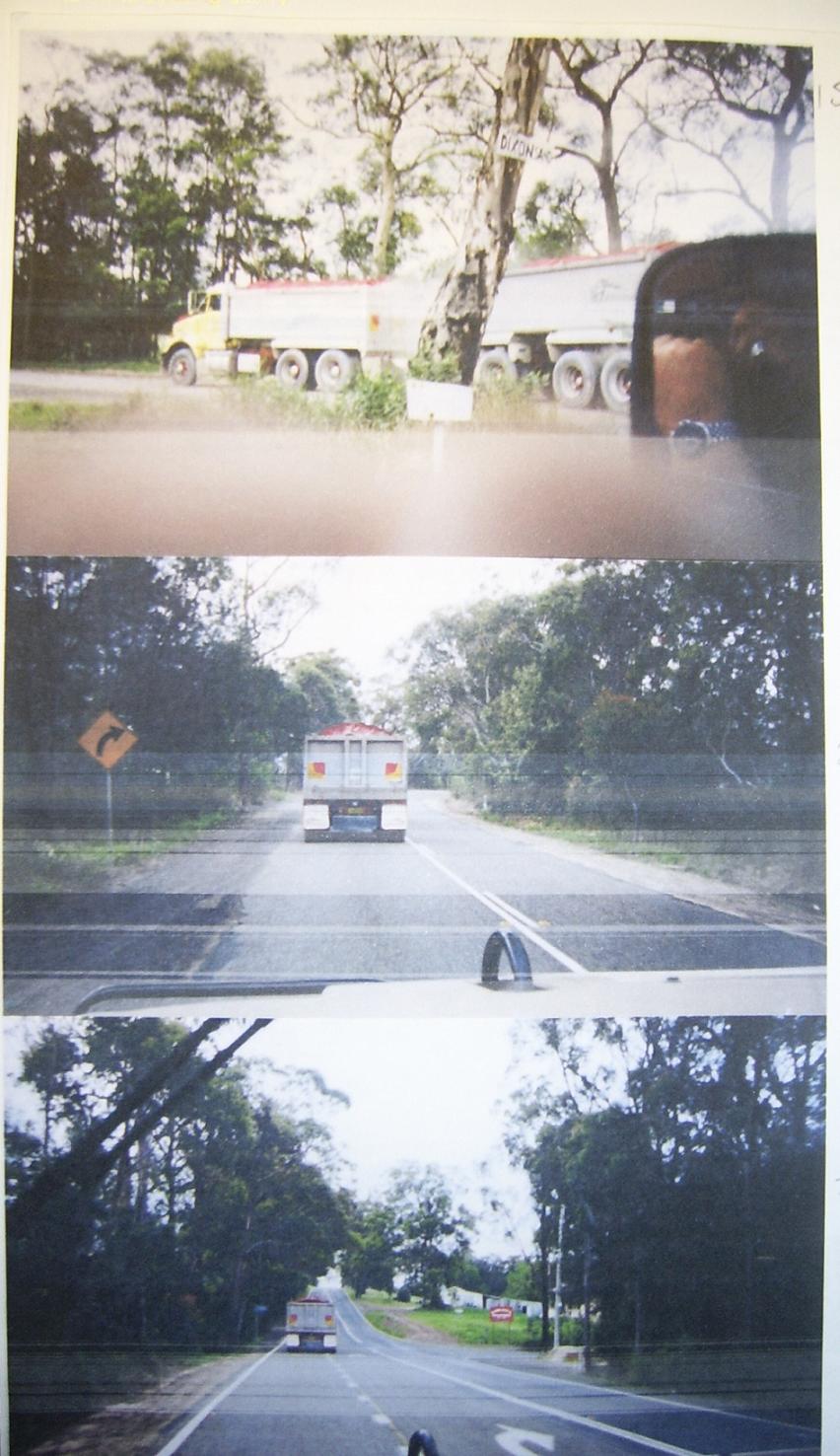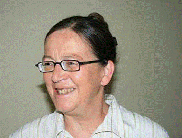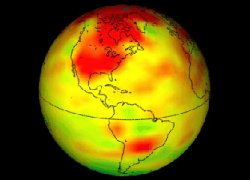Mood:
Topic: world
All this griping and choreographed danger and trouble over electrified insulation reminds us of the final speech of the previous sitting week in federal parliament. It's very sobering and perhaps a timely reminder to count our blessings in Australia:
[At pages 69 -70 HOUSE OF REPRESENTATIVES Thursday, 11 February 2010 in PDF format from here http://www.aph.gov.au/hansard/reps/dailys/dr110210.pdf ]
Ms PARKE (Fremantle) (4.54 pm)—On 13 Januarythe television news started to penetrate Australia’s
summer reverie with images of the devastation in Haiti
caused by the earthquake that had occurred in the late
afternoon of the previous day—the anguish on faces of
shocked and terrified survivors, the bodies in the
streets, the injured, the crushed buildings, and aerial
views of the national palace, the cathedral and the
Christopher Hotel, which housed the United Nations
headquarters, all collapsed in ruins.
I talked on Monday in this place about the devastation
suffered by the Haitian people in this disaster.
Again, I offer to the citizens of Haiti my deepest condolences.
This terrible event also resulted in the largest
loss of staff lives in the UN’s history. Over a number of
days the news emerged that almost 100 UN staff from
28 countries had perished in the mass of concrete and
rubble. This included four of my friends—people I had
worked and socialised with in Kosovo and Gaza. In
such difficult places, your friends are your family.
Luiz Carlos da Costa was the deputy head of the UN
stabilisation mission in Haiti. Words can hardly do justice
to this gentleman of the world—a brilliant, warm,
charismatic, soft-spoken Brazilian man who was also,
as described by his wife at his memorial service, ‘dropdead
gorgeous’. Like the former Secretary-General
Kofi Annan, Luiz started out in the UN as a messenger
boy and worked his way up over four decades to one of
the highest posts in the UN system. He was responsible
for recruitment in UN peacekeeping for decades and he
signed my own appointment letter when I started with
the UN peacekeeping mission in Kosovo in 1999. Luiz
was known for his professionalism and dedication to
the UN, for his kindness and for his egalitarian treatment
of staff and his fierce loyalty to them. As the secretary-
general said in his condolence statement:
He was a mentor to generations of UN staff … His legacy
lives in the thousands that serve under the blue flag in every
corner of the globe.
I remember Luiz once telling me how sad he was at the
death of his fellow countryman Sergio Vieira de Mello
in the Baghdad bombing in 2003. What a devastating
blow to Brazil, the UN and the international community
to have now lost both of these incredible international
civil servants. I worked with Luiz and his assistant
Jerome Yap in Kosovo and later in New York.
Jerome, from the Philippines, steadfastly supported
Luiz over the last 15 years—accompanying him to
Kosovo, Liberia and Haiti. Jerome was a happy person
who loved to sing, and he was a member of the UN
choir. I kept in touch with Jerome through Facebook
but my last message to him went unanswered as he too
was tragically killed in Haiti.
Emmanuel Rejouis, from France/Haiti, and Emily
Sanson, from New Zealand, were friends of mine in
Kosovo—staying with me and my housemate Matthew
at one stage. They later married and had three beautiful
daughters. After stints in many countries they were
posted to Haiti. Emily was at work at the UN when the
earthquake struck. She ran home to where Emmanuel
was taking care of their daughters, but the building was
collapsed. She found her youngest daughter Alyahna
alive under Emmanuel’s body—he had been sheltering
her when he died. Their other two little daughters did
not survive. Emmanuel was a kind and gentle person
who loved his family and his fellow human beings.
Their daughters Kofi-Jade and Zenzie were beautiful
and sassy children.
Another close friend lost in the Haiti quake was
Jean-Philippe Laberge, a French-Canadian with whom
I worked in Gaza, along with his wife Victoria. I was
on the UNRWA panel that interviewed Jean-Philippe
for the job as an Operations Support Officer in Gaza. I
liked him immediately as he was smart and funny and
laid back, while being completely professional. As his
friends have noted in our condolence letter to Victoria
and his mother Marjolaine: he had a mischievous style,
which masked his essential shyness, and he was one of
the most sensitive and caring persons you could meet
as well as being a thoroughly reliable colleague and a
true leader, making the right decisions in difficult and
dangerous situations, as was often the case in Gaza.
The nicest New Year’s Eve I ever experienced was a
few years ago at a party Jean-Philippe and Victoria
held in Montreal. Many of the Gaza friends were together
again—such a lot of champagne, such beautiful
memories. In one of those strange coincidences, Jean-
Philippe’s memorial service is happening now in Montreal
as I speak and my thoughts are certainly with him
and his family, especially Victoria and their two young
children.
To all of my UN friends who are gone, it was a
privilege to have known and worked alongside you. As
one mourner put it:
You thought only of bringing good to the world—
and—
… represented all that is best about the human race … Marcel
Proust thought that people who have passed away remain
with us through our memories of them. “It is as though,” he
wrote, “they have gone abroad”.
So, then, Luiz, Jean-Philippe, Jerome and Emmanuel,
you and your fallen colleagues have gone abroad to
join Dag Hammarskjold, Sergio Vieira de Mello, Count
Folke Bernadotte, Iain Hook, Jean-Selim Kanaan and
many other UN soldiers for peace. But our memories
of you will remain strongly with us and will fortify us
in carrying on your work to restore dignity to the lives
of the world’s most vulnerable. In the immortal words
of Wordsworth:
What though the radiance which was once so bright
Be now for ever taken from my sight,
Though nothing can bring back the hour
Of splendour in the grass, of glory in the flower;
We will grieve not, rather find
Strength in what remains behind.




